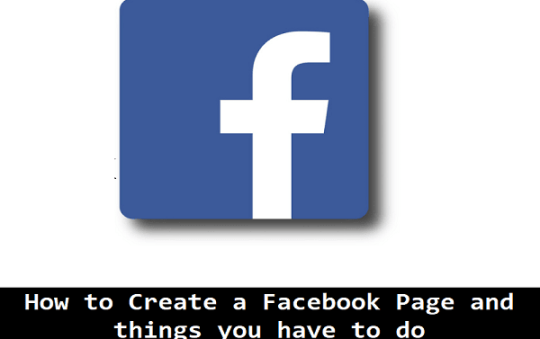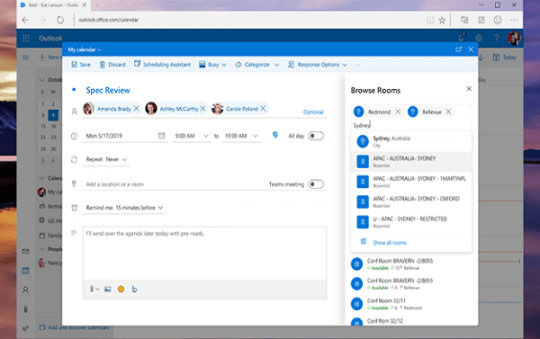A derivative is a financial contract whose value depends on the underlying entity, such as an asset, index, or interest rate. The derivative price gets derived from fluctuations in the underlying asset. Derivatives are largely leveraged instruments that increase their potential rewards and risks. Common derivatives include Futures Contracts, Forwards, Options, and Swaps.
Essentially, any security whose value gets determined by another asset is a derivative contract. Derivatives are sold and bought in the over the counter (OTC) and exchange-based markets. OTC derivatives get traded without an exchange, acting as intermediaries between buyers and sellers. Such derivatives are popular among investment bankers.
However, the Derivatives Market can be risky as the contracts are privately negotiated between the concerned parties. Exchange-based derivatives are listed on exchanges like National Stock Exchange. They do an excellent job at eliminating the counter-party risk posed by the OTC derivatives since they are regulated.
Let us understand how beginners can trade in them.
Contents
Types of Derivatives
You can trade with different derivatives. All have characteristics that make them unique and are used for varied reasons. Here is a breakdown of the types:
Forward contracts
In a forward contract, the buyers and sellers agree to trade an asset at a Future date, but the security price gets agreed upon today. The contract gets settled when the transaction goes through the future, pre-agreed date. The profits and losses from the transaction are realized based on the underlying asset’s price movement between the start and end date of the contract. Such contracts are traded OTC.
Future contracts
Futures are an evolved version of forwards. The difference is that Futures are standardised contracts and traded on the exchanges. They are also subject to a daily settlement procedure.
Options contracts
With options, the involved parties have the right but are not obligated to carry out the transaction at a future date. If the contract gives one party the option to sell an asset, it is called a Put option. If the contract gives a party the option to buy an asset, it is a Call option.
Swaps
Here, two parties sign contracts to exchange cash flow sequences for a specified period. The cash flow gets decided upon by variables like commodity price, equity price, or interest rate. Interest rates and currency swaps are the most common swaps.
Derivates are like the underlying asset but with different terms and conditions. Derivatives Trading is done to hedge against market risk. There are OTC and exchange-based derivatives. As mentioned, there are many different types of derivatives available for trading, whether Futures or Options.
Future and Options Trading is the most common Derivatives in the Stock Market and are preferred by investors. It is also ideal for beginners.




